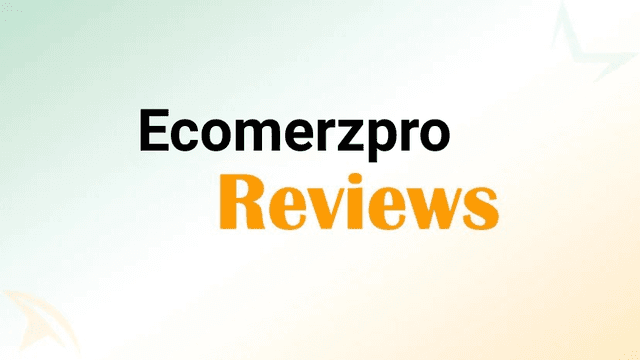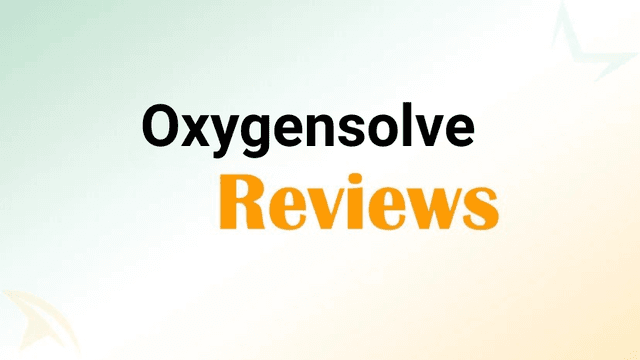In today's digital landscape, customer reviews play a pivotal role in shaping a business's reputation. Consumers rely heavily on online reviews to make informed purchasing decisions, making review management an essential aspect of business success. However, managing reviews across multiple platforms, handling negative feedback, and identifying fake reviews can be overwhelming.
This guide will help you understand what review management is, how to develop an effective strategy, and which software solutions can streamline the process.
What is Review Management?
Review management is the process of monitoring, analyzing, responding to, and leveraging customer reviews across various platforms. It helps businesses maintain a positive online reputation, build trust, and improve customer satisfaction. Effective review management involves:
-
Monitoring reviews on key platforms like Google, Yelp, and Facebook
-
Responding promptly to both positive and negative feedback
-
Identifying and addressing fake or misleading reviews
-
Using customer testimonials for marketing and brand-building
Review Management vs. Reputation Management
While closely related, review management and reputation management are not the same.
-
Review Management: Focuses on collecting, monitoring, and responding to customer reviews on third-party platforms.
-
Reputation Management: Encompasses a broader strategy, including social media presence, brand perception, and SEO performance.
Since reviews significantly impact a company's reputation, review management is a crucial component of an overall reputation management strategy.
Benefits of Review Management
1. Boosts Credibility and Trust
-
82% of consumers read online reviews before choosing a local business.
-
Engaging with reviews shows customers that you value their feedback and are committed to improving their experience.
2. Enhances Customer Acquisition
-
9 out of 10 customers read reviews before making a purchase.
-
A proactive review management strategy ensures that potential customers see authentic, high-quality feedback.
3. Prevents Damage from Negative or Fake Reviews
-
Monitoring and addressing negative feedback quickly helps prevent PR crises.
-
Identifying and removing fake reviews ensures the integrity of your online reputation.
4. Provides Valuable Business Insights
-
Customer feedback can help businesses identify areas for improvement.
-
Trends in reviews can highlight strengths and weaknesses in products or services.
5. Generates User-Generated Content (UGC)
-
79% of people say UGC influences their buying decisions.
-
Positive reviews and testimonials can be repurposed in marketing materials.
Effective Review Management Strategies
1. Identify Key Review Platforms
Determine which review platforms matter most for your industry and audience. While Google and Yelp are common, niche platforms may be more relevant for specific industries.
2. Claim and Optimize Your Business Listings
Claiming your business profiles on platforms like Google Business Profile, Yelp, and Trustpilot allows you to:
-
Respond to reviews professionally
-
Ensure accurate business information
-
Gain control over your brand’s online presence
3. Develop a Review Response Strategy
Establish guidelines for responding to reviews, including:
-
Who will manage review responses?
-
How frequently will reviews be checked?
-
How will negative feedback be addressed?
Responding to negative reviews with professionalism and offering solutions demonstrates excellent customer service.
4. Identify and Remove Fake Reviews
Fake reviews can harm your business reputation. Learn how to spot and report them using tools like Google's review removal feature.
5. Leverage Review Management Software
Using automated tools can simplify monitoring, responding to, and analyzing customer feedback across multiple platforms.
Best Review Management Software
1. Yext
Price: Varies by platform, contact sales for details
Key Features:
-
Centralized review management for Google, Facebook, and more
-
Real-time notifications for new reviews
-
AI-powered analytics for customer sentiment
2. Reviewly AI
Price: Starts at $39/month (7-day free trial available)
Key Features:
-
AI-assisted review generation and response
-
Automated SMS campaigns to request reviews
-
Seamless Google Business integration
3. SocialPilot Reviews
Price: Starts at $25.50/month
Key Features:
-
AI-powered review analysis and sentiment tracking
-
Automated email and SMS review requests
-
Multi-location business review management
4. ReviewTrackers
Price: Contact for pricing
Key Features:
-
Supports 100+ review sites
-
Custom review assignment to team members
-
Single-click sharing for impactful reviews
5. Podium
Price: Custom quote required
Key Features:
-
Unified inbox for managing reviews across platforms
-
Real-time notifications for new feedback
-
Competitor benchmarking and insights
6. Reputation
Price: Contact for custom quote
Key Features:
-
AI-driven review sentiment analysis
-
Social media and website review broadcasting
-
Custom review categorization for business insights
Conclusion
Managing online reviews is essential for maintaining a strong business reputation and attracting new customers. By implementing a structured review management strategy and utilizing the right software tools, you can efficiently monitor, respond to, and leverage reviews for business growth.
Also read
How to Land Great Reviews and Boost Your Google Store Rating










